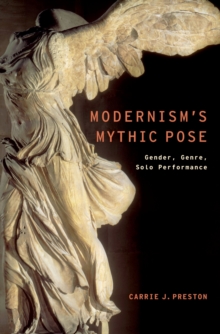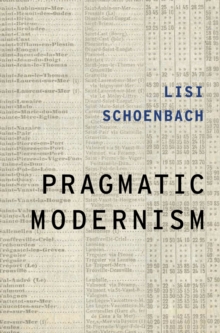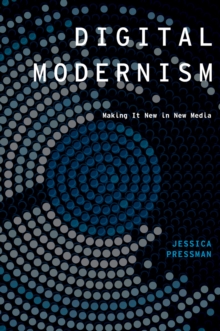
Americanizing Britain : The Rise of Modernism in the Age of the Entertainment Empire PDF
by Genevieve Abravanel
Part of the Modernist Literature and Culture series
Description
How did Great Britain, which entered the twentieth century as a dominant empire, reinvent itself in reaction to its fears and fantasies about the United States? Investigating the anxieties caused by the invasion of American culture-from jazz to Ford motorcars to Hollywood films-during the first half of the twentieth century, Genevieve Abravanel theorizes the rise of the American Entertainment Empire as a new style of imperialism that threatened Britain's own. In the early twentieth century, the United States excited a range of utopian and dystopian energies in Britain. Authors who might ordinarily seem to have little in common-H.G. Wells, Aldous Huxley, and Virginia Woolf-began to imagine Britain's future through America. Abravanel explores how these novelists fashioned transatlantic fictions as a response to the encroaching presence of Uncle Sam. She then turns her attention to the arrival of jazz after World War I, showing how a range of writers, from Elizabeth Bowen to W.H. Auden, deployed the new music as a metaphor for the modernization of England. The global phenomenon of Hollywood film proved even more menacing than the jazz craze, prompting nostalgia for English folk culture and a lament for Britain's literary heritage. Abravanel then refracts British debates about America through the writing of two key cultural critics: F.R. Leavis and T.S. Eliot. In so doing, she demonstrates the interdependencies of some of the most cherished categories of literary study-language, nation, and artistic value-by situating the high-low debates within a transatlantic framework.
Information
-
Download - Immediately Available
- Format:PDF
- Publisher:Oxford University Press
- Publication Date:20/03/2012
- Category:
- ISBN:9780199921263
Other Formats
- EPUB from £23.74
Information
-
Download - Immediately Available
- Format:PDF
- Publisher:Oxford University Press
- Publication Date:20/03/2012
- Category:
- ISBN:9780199921263










